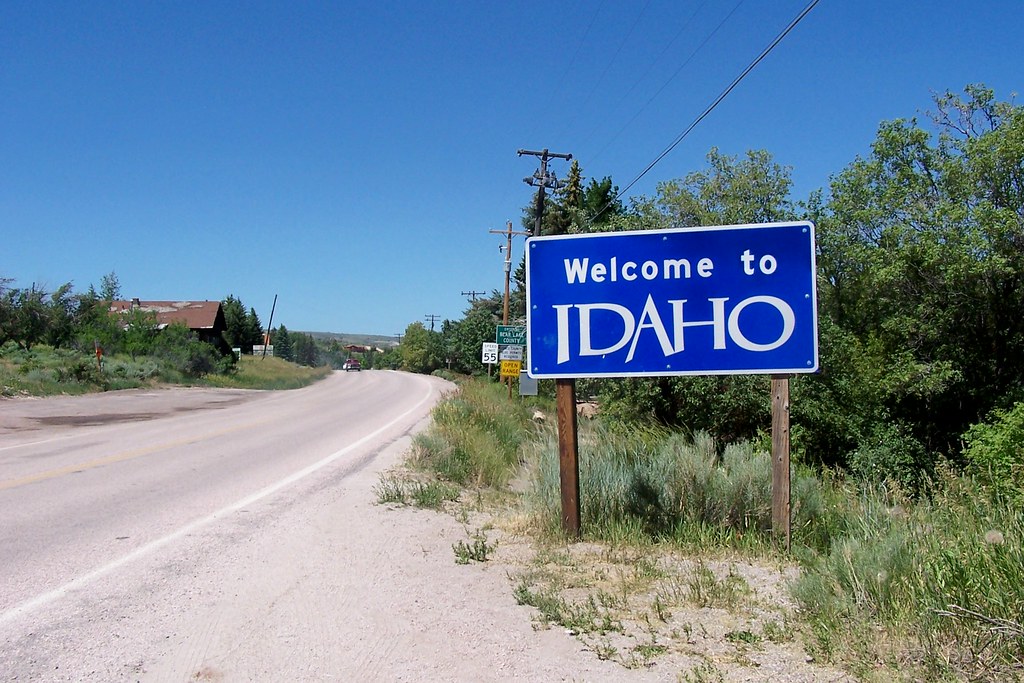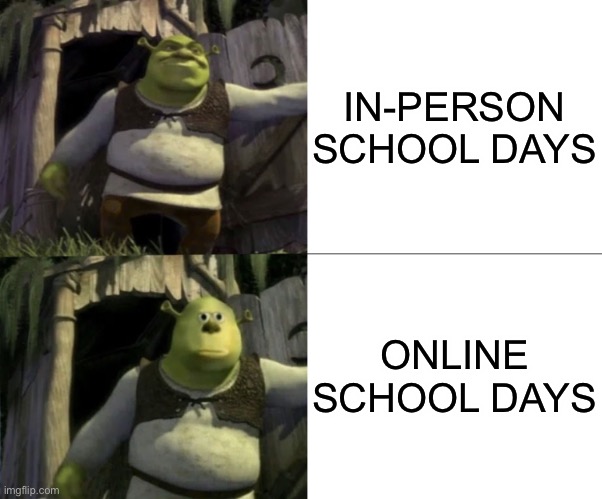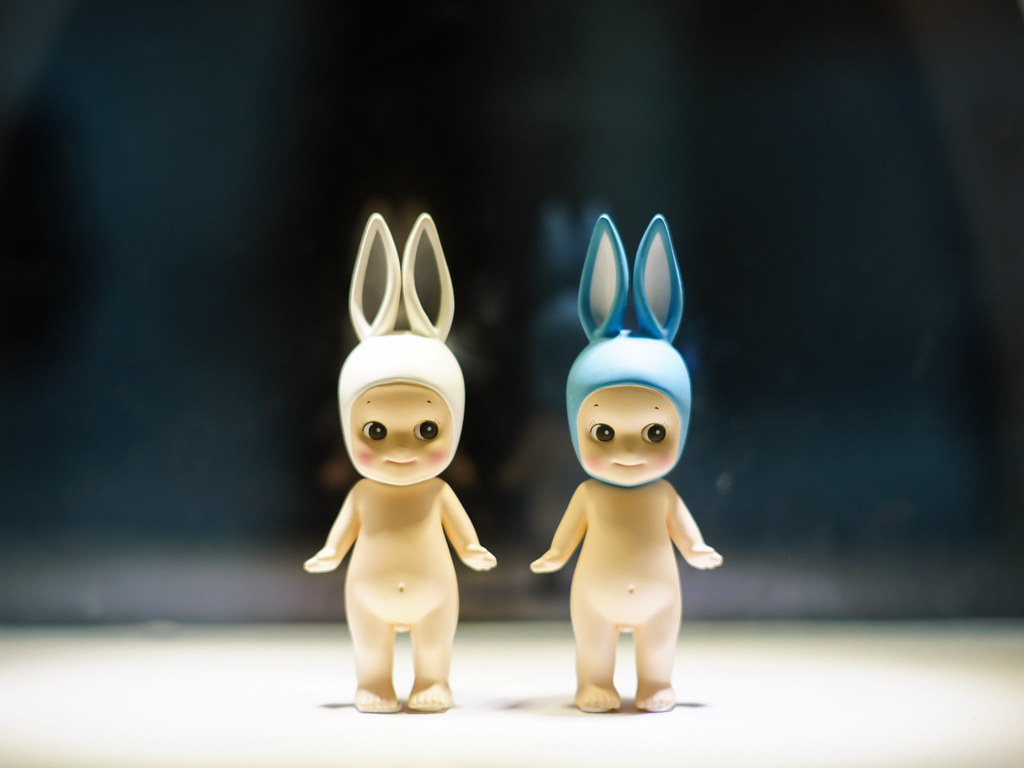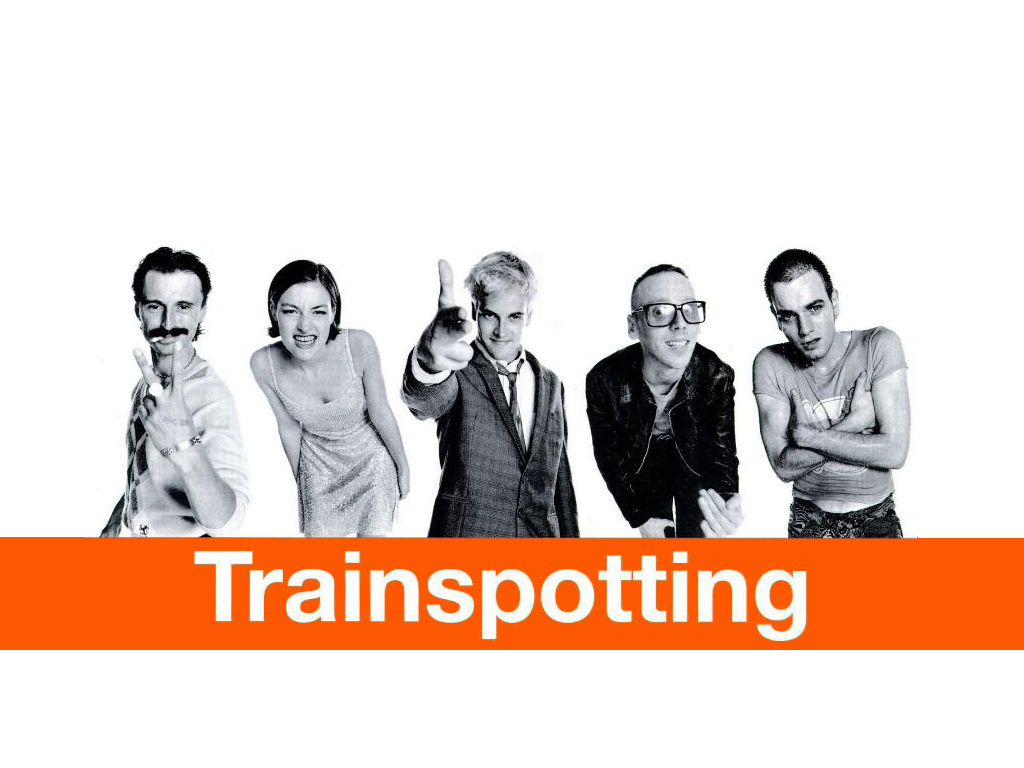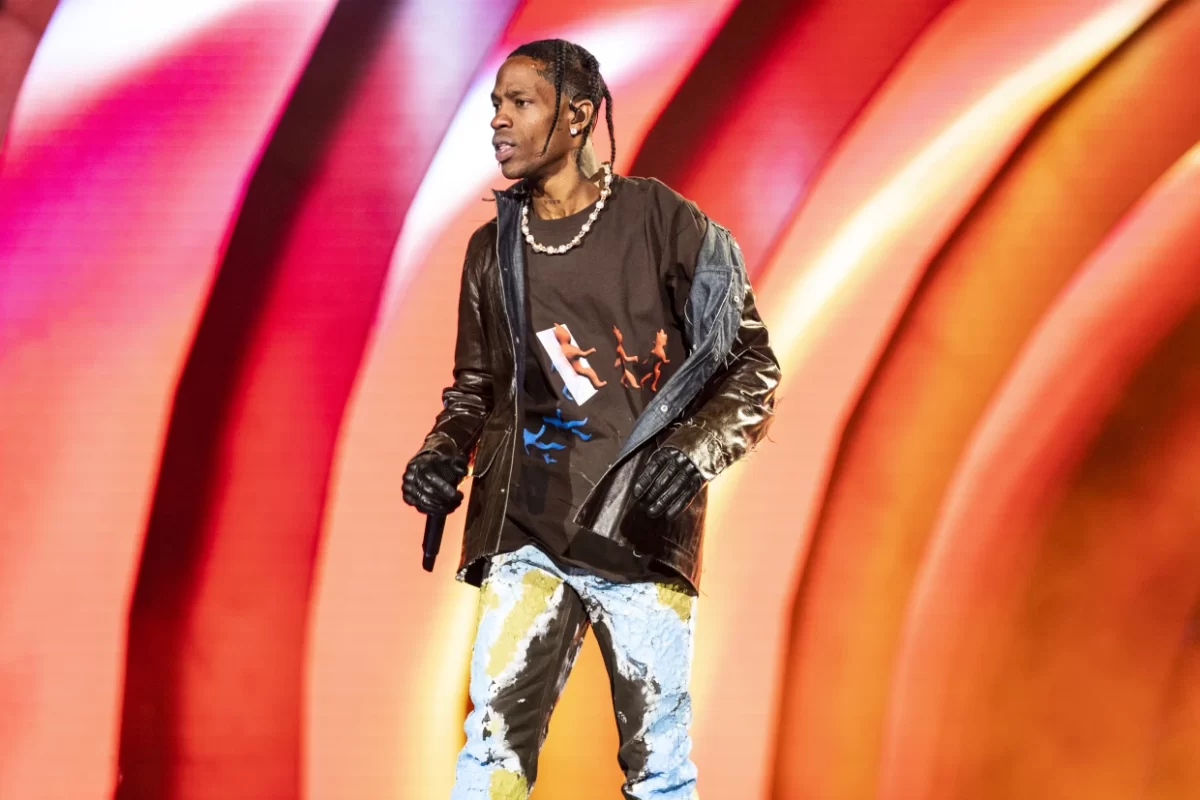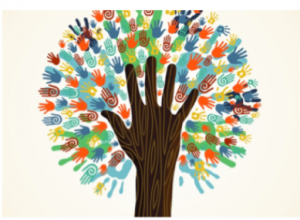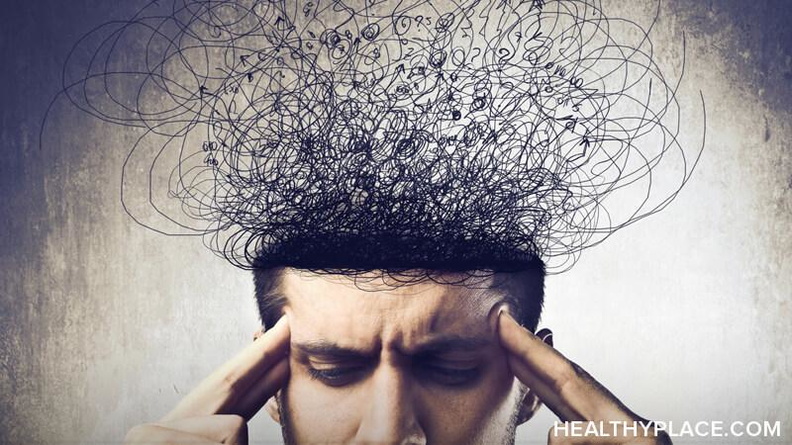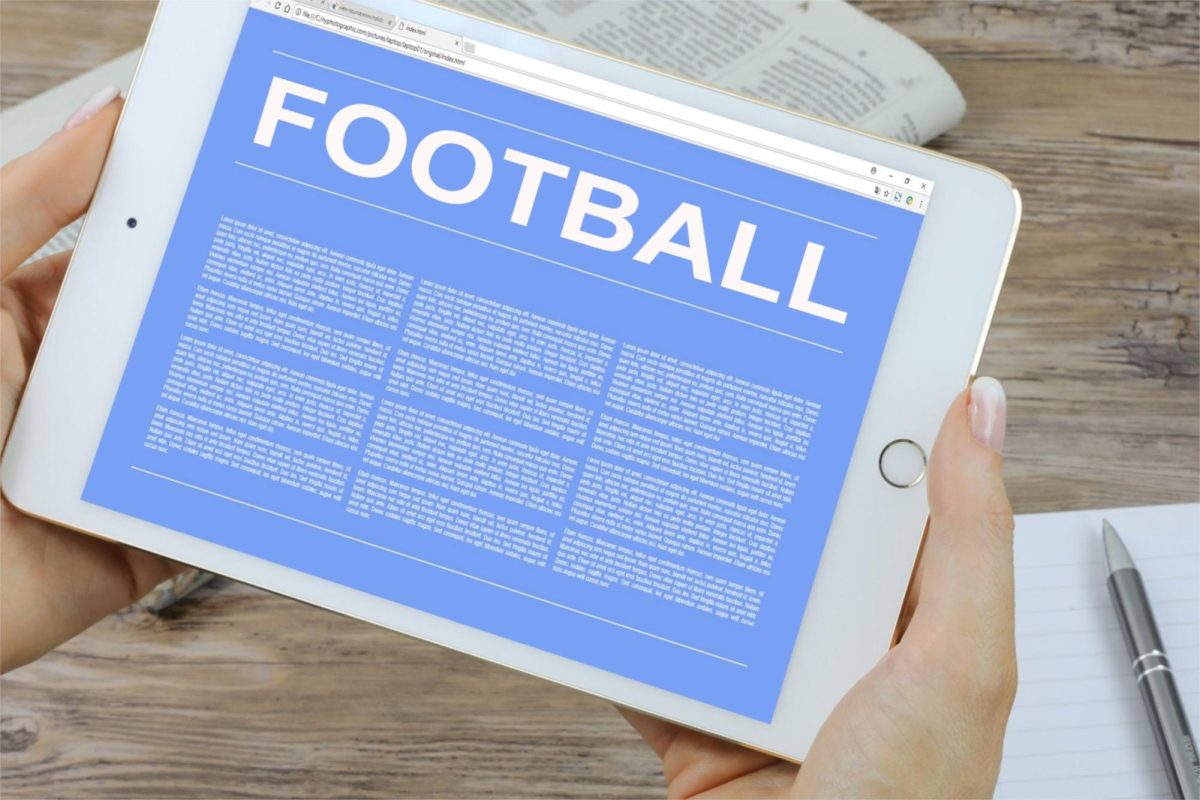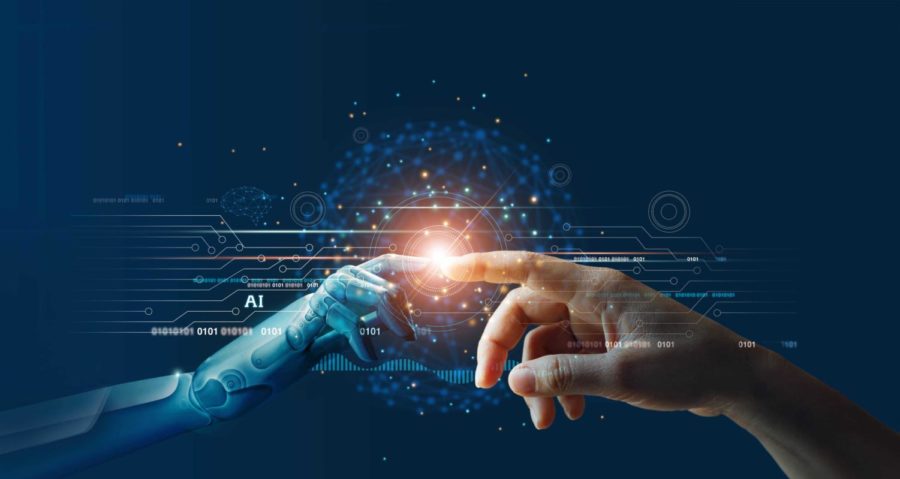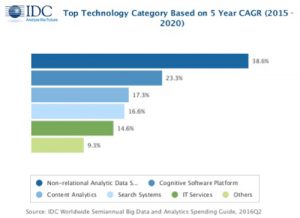Will the Development of AI Benefit or Harm People?
November 29, 2021
As long as humans have built machines, we’ve feared that a day could come where they could destroy us all. We can see this in movies like The Matrix or The Terminator. Stephen Hawking famously warned that AI could spell an end to civilization, and tech billionaire Elon Musk claimed that AI will overtake humans in less than five years, “We’re headed toward a situation where AI is vastly smarter than humans and I think that time frame is less than five years from now.” Then, Elon goes on to say that it doesn’t mean that the world will end, it just means that things will get unstable and weird. So, what is so harmful about AI?
Well, for one thing, it could mean the loss of jobs. Many jobs are already being taken over by machines and AI, such as mass production factories to self-serve checkouts to self-driving cars. According to a report from the World Economic Forum, 85 million jobs will be replaced by machines by the year 2025, which makes sense because AI outperforms humans in many ways, it is cheaper, more efficient, and more accurate than we could ever be. However, the relations between AI and our jobs may not be a bad thing, because according to the same report, 97 million new jobs will be created by 2025 due to AI such as different tech jobs like data analysts and machine-learning specialists.
Artificial Intelligence also poses a threat to our security and privacy. Cybersecurity experts are becoming more concerned about AI attacks, both now and in the near future. The Emergence Of Offensive AI, a report from Forrester Consulting, found that 88% of decision-makers in the security industry believe offensive AI is coming. Half of the respondents expect an increase in attacks. In addition, two-thirds of those surveyed expect AI to lead new attacks. Large companies and governments are also being called out for the erosion of our privacy by the use of AI. We have so much personal data available online right now, with 2.5 million terabytes of data created daily, AI algorithms are able to create user profiles and target people for different advertisements and media channels like Facebook, YouTube, Pinterest, and Twitter, as well as email providers and search engines like Goggle, have access to our personal details and they use our data for marketing products, influence our opinions on political issues, and use peoples information to get them addicted to their services.
Last month during ESPN’s hit documentary series The Last Dance, State Farm debuted a TV commercial that appeared to show footage from 1998 of an ESPN analyst making shockingly accurate predictions about the year 2020. But, as it turns out, this clip was generated using AI software. This ad was a great example of the dangerous new phenomenon in AI: deep fakes. Deepfake technology lets anyone who has access to a computer and an Internet connection create realistic-looking photos and videos of people saying and doing things that they did or do not actually say or do. To some, this could just be silly fun, but for others, this is very dangerous. Not only can people use this technology to trick people, but scammers are already blackmailing people with deep fake videos created from something as simple and accessible as a Facebook profile picture. In the future, AI may be able to imitate the appearance of a human face online, or change other faces.
AI can have great benefits, but AI can also bring many dangers to the world including loss of jobs, our security and privacy, and deep fakes. As AI continues to increase in sophistication, the dangers of it increase.













